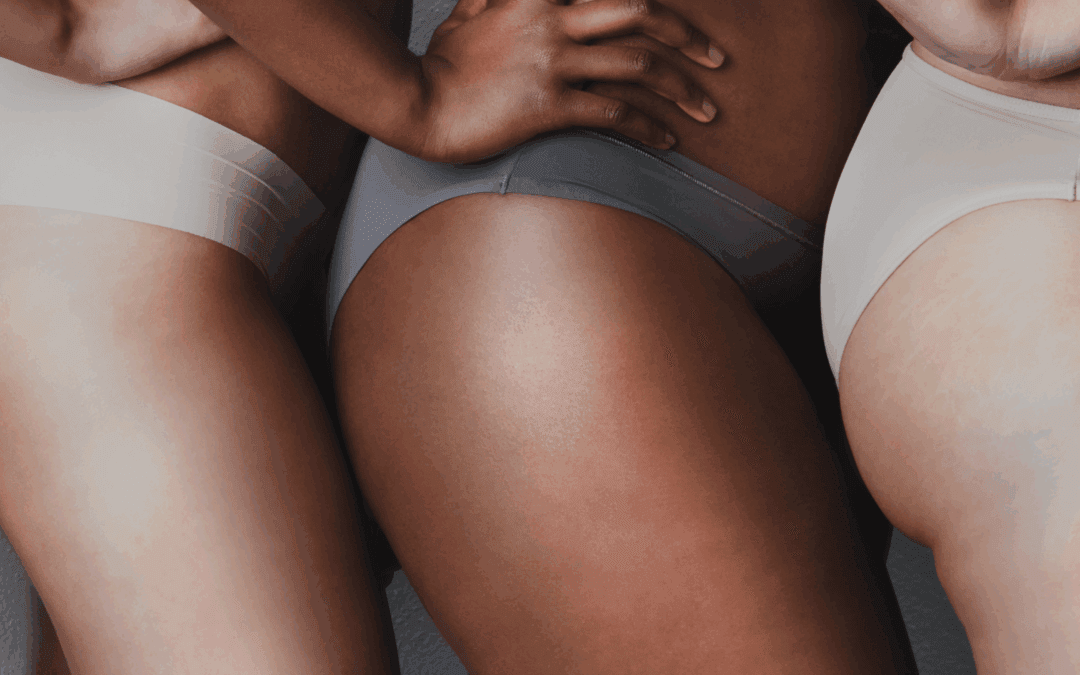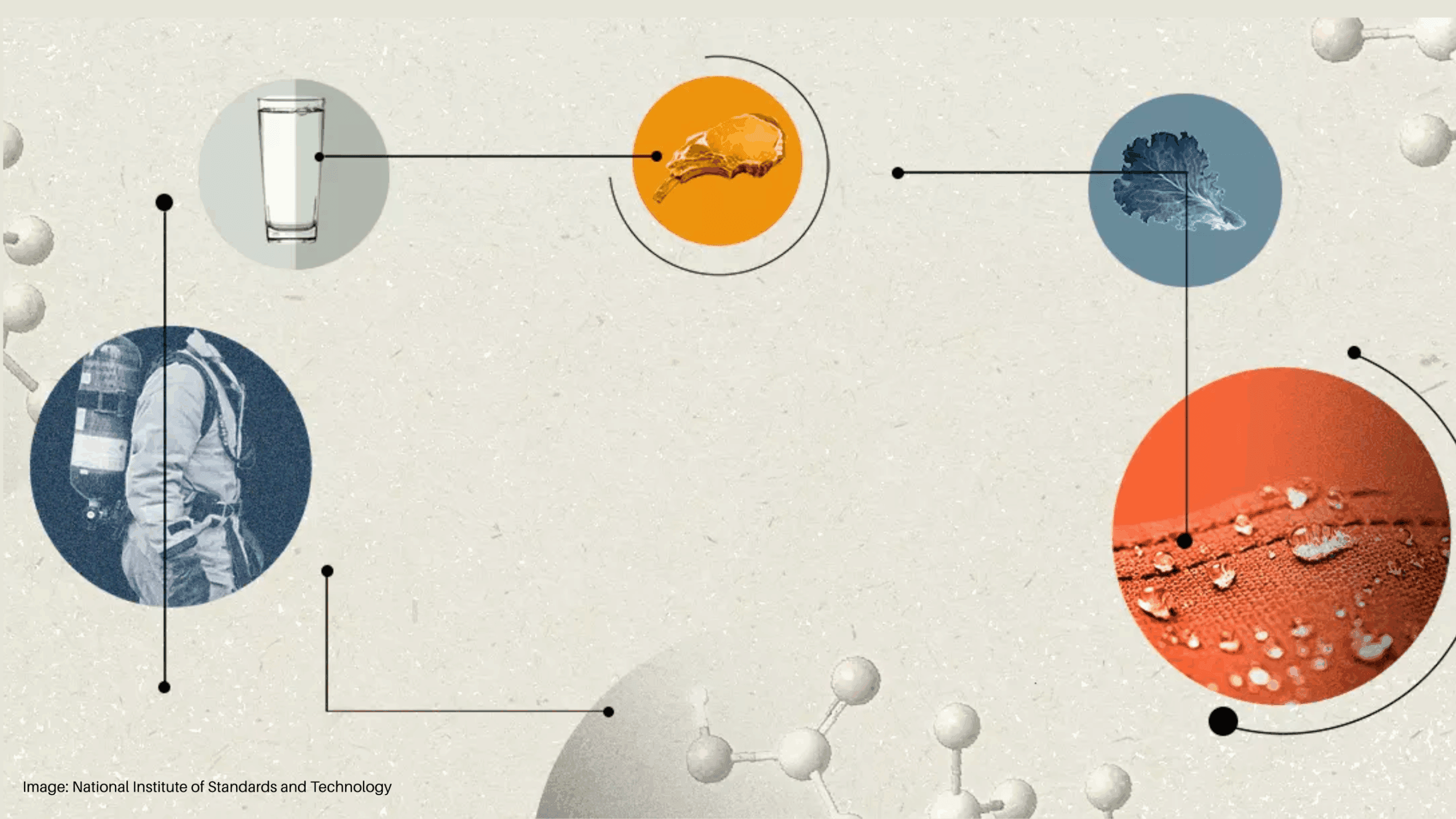Wellness has shifted from meditation and massages to tech-based wearables for information-hungry consumers, says McKinsey
More than ever, consumers are seeking beauty backed by science, according to McKinsey’s latest ‘Future of Wellness’ report. Outlining trends in the $1.8 trillion global wellness market, the survey shows how consumers’ relationship to products is in the midst of a big change.
According to McKinsey’s report, wellness is a top priority for 73% of consumers in the UK, especially amongst Gen Z and millennials. In recent years the wellness industry has boomed, full of frequent cycles that dominate the market for short periods of time.
However, gone are the fads of the past with unfounded claims that set tongues wagging – consumers no longer care. Instead, they desire credible products that are backed by the science. Amongst those surveyed for the report, there was a common thread of consumers wanting effective data-backed health and wellness solutions.
This trend is found in the beauty world too, with brands like the Ordinary, Inkey List and Drunk Elephant all praised for their no-nonsense approach to skincare and letting formulas speak for themselves.
It’s the age of (mis)information that has caused a wider shift of consumers benefiting from more access to information in the digital landscape and wishing to make educated choices about what they buy.
This desire for more information is echoed in the trends spotted by the ‘Future of Wellness’ report. Following the pandemic, the popularity of at-home kits soared, branching out to testing for vitamin deficiencies or even hormone levels.
This comes alongside the rise of biomonitoring and wearables like the Oura Ring that monitor sleep quality and heart rate. Both trends reveal consumers’ demand to have more knowledge about their bodies, with 75% of consumers surveyed stating that they would be open to using a biometric wearable in the future.
The dawn of artificial intelligence has also significantly impacted the wellness market, with products increasingly personalised by biometric data and gen AI. The British Beauty Council’s Value of Beauty 2023 report explored the rise of AI in beauty, estimating global spending by retailers on AI to grow by £10 billion between 2022 and 2023. Beauty businesses have adopted AI through personalised services such as skin-tone detection for foundation, or tools that identify customers’ skin issues and offer tailored solutions.
This speaks to the wide global market of beauty and wellness, as businesses innovate to meet the growing expectations of consumers who are ready to embrace the science.




